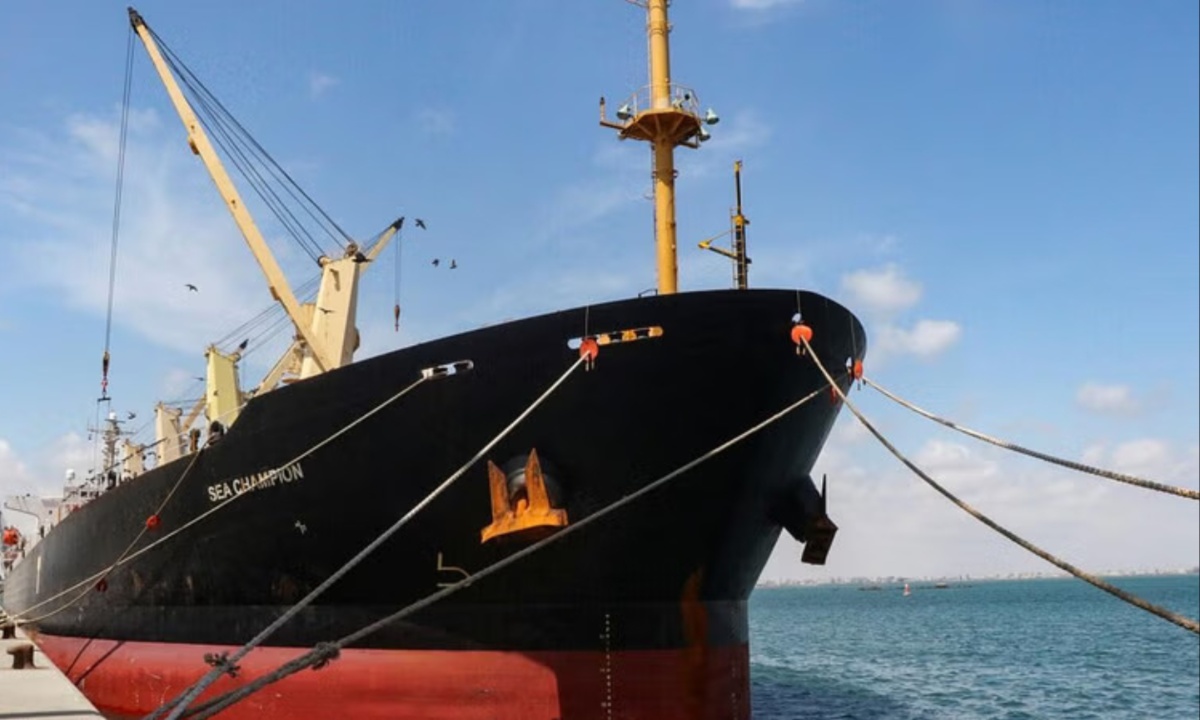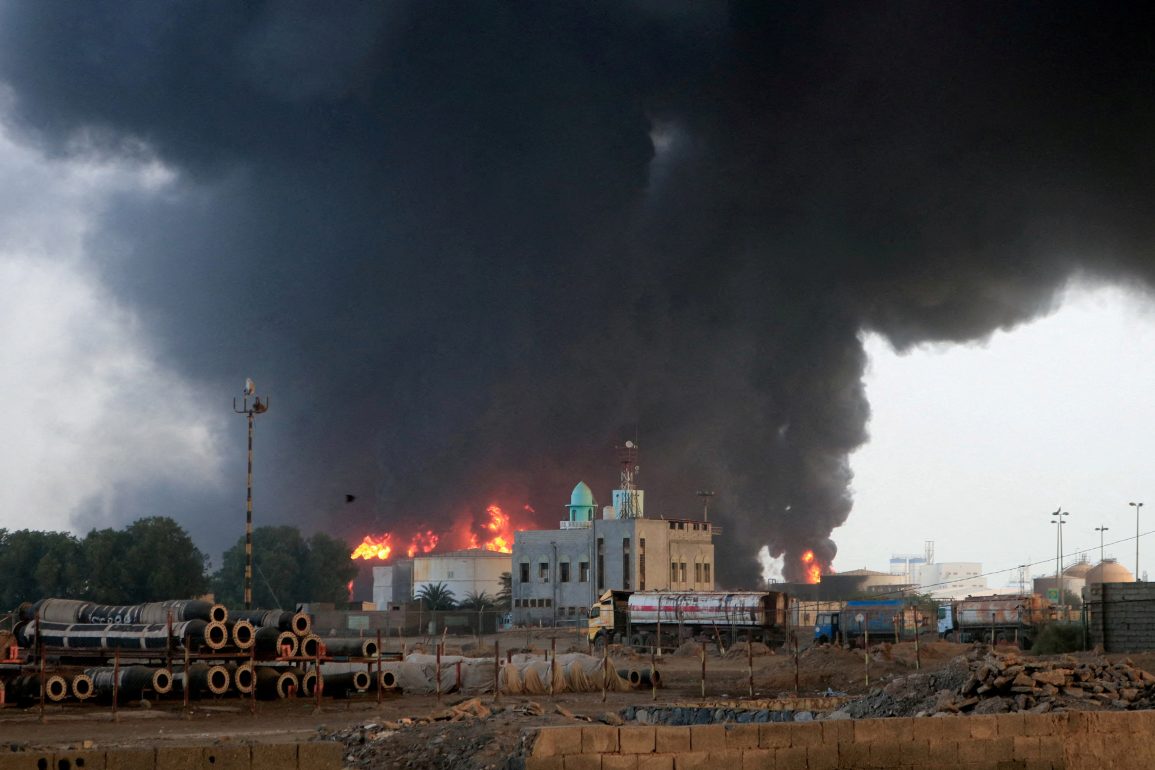On Friday, Israel launched airstrikes on Yemen’s Red Sea ports of Hodeidah and Salif, escalating its campaign against the Houthi rebel group. The Israeli military stated that over 30 munitions were dropped on the ports, which it claims are being used to facilitate weapons transfers. This marked Israel’s eighth strike on Houthi targets as part of its effort to weaken the group’s military infrastructure. The strikes resulted in at least one death and nine injuries, according to the Houthi-run health ministry. Eyewitnesses in Hodeidah reported hearing loud explosions and seeing smoke rise from the port area.
Houthis Maintain Missile Attacks as Israel Warns of Strikes on Group’s Leaders
The Houthis have persisted in launching missiles toward Israel, citing solidarity with Palestinians in Gaza as their motive. Despite agreeing to halt attacks on U.S. ships, the group has not ceased its hostilities against Israel. In response, Israel has retaliated with a series of airstrikes, including a May 6 attack on Yemen’s main airport in Sanaa, which caused significant damage and fatalities. These retaliations are part of Israel’s broader strategy to deter further aggression from the Houthis.

Following the latest strikes, Israeli Prime Minister Benjamin Netanyahu and Defence Minister Israel Katz issued a strong warning to the Houthi leadership. They stated that if missile attacks on Israel continue, Houthi leaders, particularly Abdul Malik al-Houthi, will be targeted. Comparing the threat to previous eliminations of figures like Hamas’ Yahya Sinwar and Hezbollah’s Hassan Nasrallah, Israeli leaders emphasized their resolve to neutralize perceived threats at the leadership level.
Houthi Dismissal of Israeli Threats Signals Deepening Regional and Geopolitical Tensions
In response to Israel’s threats, senior Houthi leader Mohammed Ali al-Houthi dismissed them as unrealistic and strategic posturing. He argued that the warnings were intended to buy time and shift focus by setting goals that are unlikely to be achieved. The Houthis, backed by Iran and part of the so-called “Axis of Resistance” that includes Hamas and Hezbollah, maintain control over approximately 60% of Yemen’s population and continue to defy Israeli military pressure.
The confrontation between Israel and the Houthis highlights the broader regional tensions stemming from the Israel-Hamas war that began in October 2023. The Houthis have launched dozens of drone and missile attacks toward Israel, though most have been intercepted or failed to reach their targets. The escalating violence underscores the interconnected nature of Middle Eastern conflicts and the risk of further destabilization as various actors engage in cross-border hostilities tied to wider geopolitical alliances.


